
Poor physical, mental and emotional health is a standard 21st-century problem. High blood pressure, constant headaches, anxiousness, restlessness, and depression have been affecting people of all ages more than ever before. A 2015 Government of Australia study showed that depression in children had a severe impact on their functioning in school. This accounted for 33.4% of the children. Clearly, physical, mental and emotional issues aren’t just an “adult problem.”
In an attempt to take care of these problems and get some respite, healthcare professionals have come up with several solutions such as exercising, sports, swimming, journaling, surfing and fishing, among others. Even though activities like surfing, swimming, rock climbing and fishing are more popular in Australia, one activity that has been often overlooked in this regard is gardening!
It’s often said that “Gardening adds years to your life and life to your years.” A Swedish study suggests that people who tend to their gardens regularly, show reduced stress levels and better moods. We’ve often heard that the reason gardening makes us feel better is because looking at an abundance of green colour is refreshing and de-stressing. However, there’s more to it than just a colour symbolism. Let’s have a closer look at the physical, mental and emotional benefits of gardening.

Gardening involves loads of physical activities such as putting fertilisers, digging the soil, adding water frequently, sowing seeds and more. These activities get you moving around and using your legs, arms and shoulders. Did you know that the simple activity of digging and shovelling for half an hour can help you burn 250 calories!
Since these activities are random and not structured (like gymming or swimming), you won’t get bored with it. Gardening activities are especially beneficial to promote a healthy muscle tone and regular joint movements. Even when you can’t go running or exercising, spending half an hour on gardening activities is a great physical exercise.
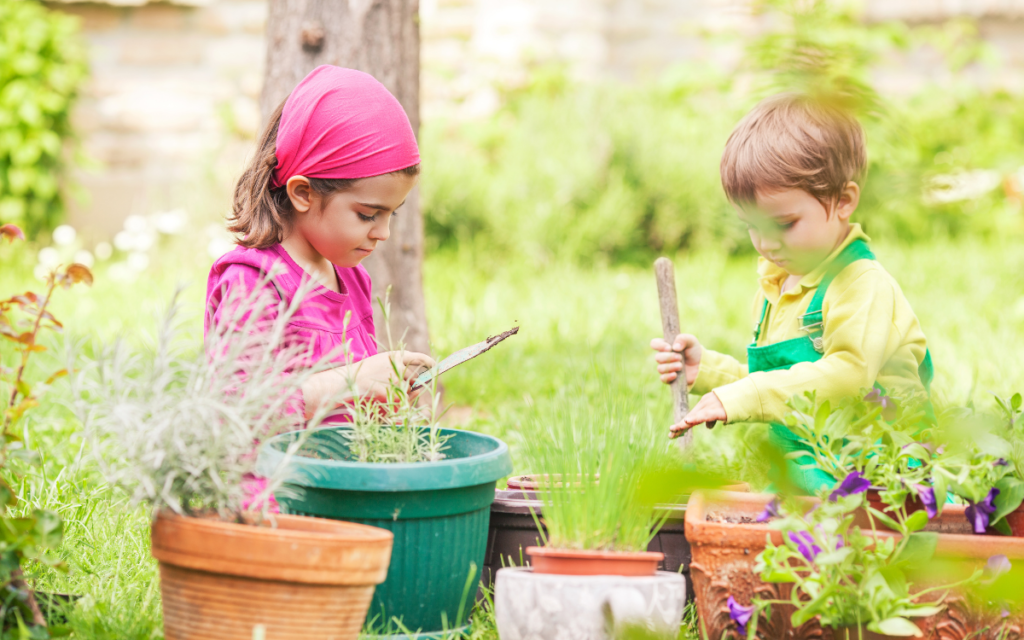
Spending considerable time tending to a growing plant and making sure nothing hampers its growth is a great way to improve one’s attention span. Focusing helps one develop a single-minded approach to doing their tasks. Not only adults, improving attention span by gardening is helpful for children and young adults, especially the ones suffering through ADHD. Considering that one in twenty children in Australia suffers from ADHD, gardening is a great way for them to regain focus in life. They focus more, concentrate on the plant’s growth and learn to improve their attention span. One doesn’t have to give a child the responsibility of handling an entire garden. Tending to a single potted plant can do the trick as well.
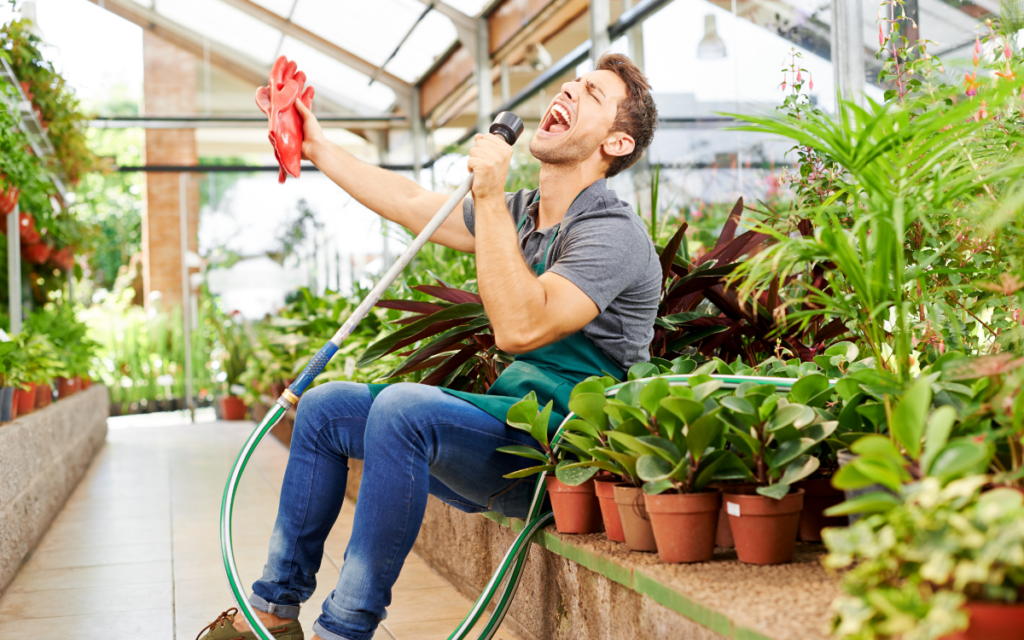
A big reason for mental and emotional distress is feeling unimportant or a sense of failure. When you don’t see your continued efforts bearing any positive results, one feels stressed, anxious, and depressed. This can be remedied to an extent with gardening. Watching a growing plant gain height, bear fruits, or grow flowers is a great sense of achievement. One feels a sense of success, watching their efforts be fruitful. When you see your efforts bringing results in something as small gardening, you tend to believe that you can tackle bigger problems as well.
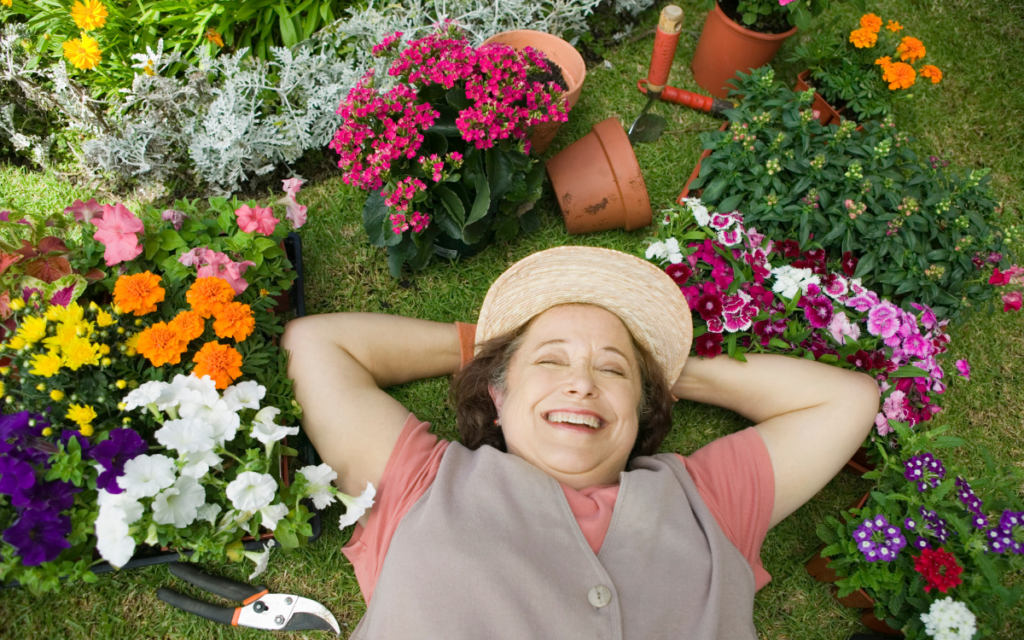
Plants are great sources of oxygen. Nurturing and growing a complete garden can help you spend your time around freshness and clean air. This boosts the quality of the air you intake, allowing you to feel energised, active, and highly detoxed. The Japanese famously refer to this form of forest bathing as “shinrin-yoku”.
It helps you reduce stress levels, bring your anxiety and nervousness under control, and boosts a happy and positive mood. This is a great strategy for stress management, and its positive emotional and mental benefits have been reinforced by several researchers and mental healthcare professionals. Plus, planting a bigger garden also helps improve greenery in urban Australia.
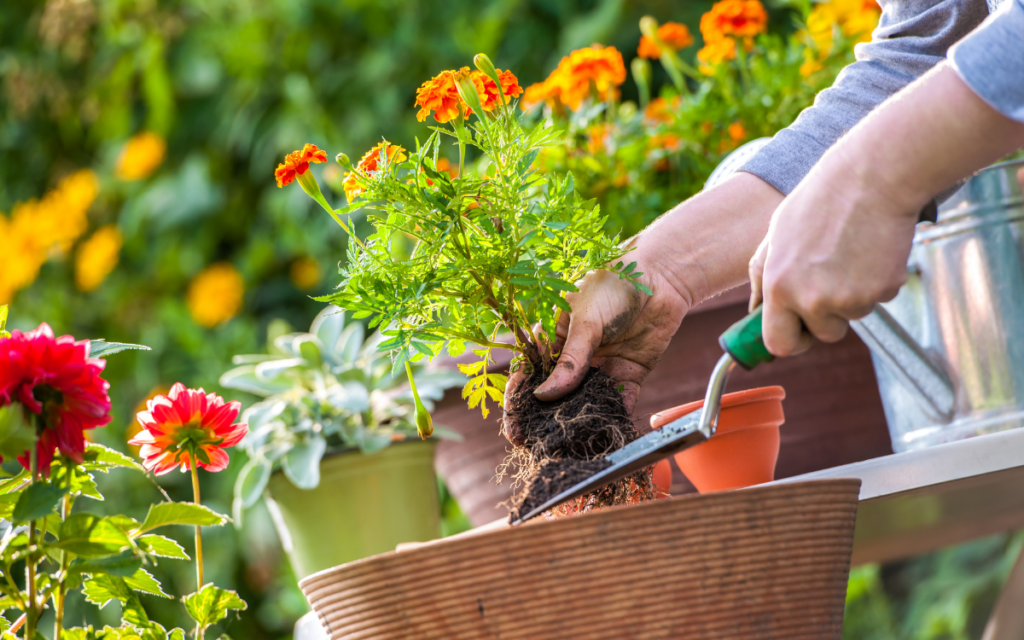
Being exposed to the soil, Vitamin D, and natural light is a great way for your body to develop stronger immunity. When you get your hands dirty in the soil, the friendly bacteria there can help you develop a stronger immune system over time. This, in turn, helps you keep diseases away, thereby promoting physical and mental health. However, remember not to stay for longer hours in the sun and get sunburnt. Consider putting on some sunscreen before going out.
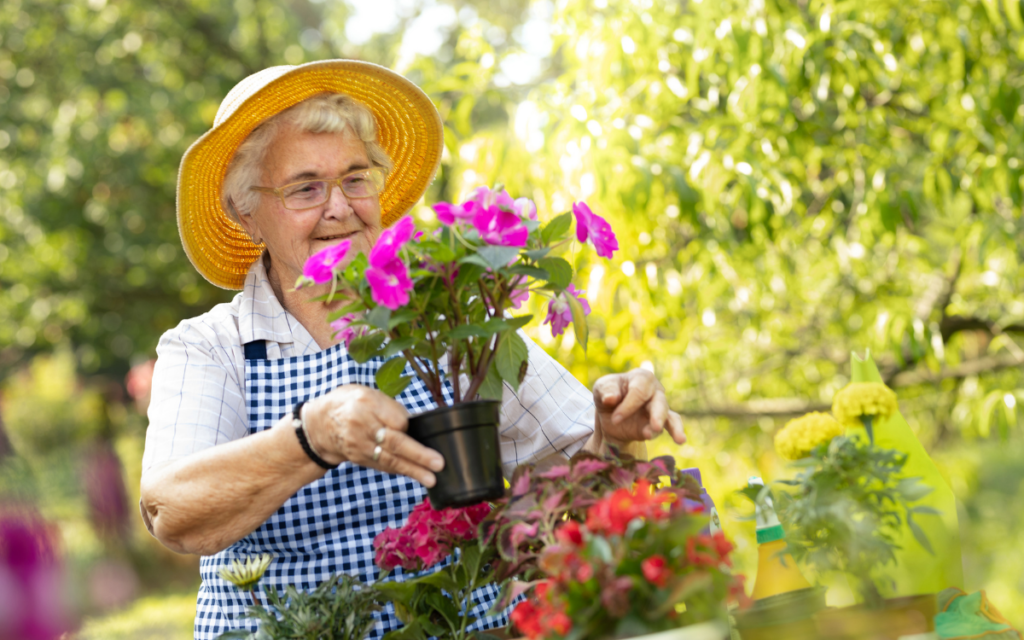
Other than improving one’s attention span and concentration, gardening also works fabulously to help one improve their memory. Gardening helps people learn about patience, endurance, dexterity, and problem-solving. When these benefits are clubbed together, it can help individuals reduce the risks of neurodegenerative diseases such as Alzheimer’s and Dementia by leaps and bounds. A 2006 Australian study found out that several lifestyle choices, including gardening, can help reduce the risk for dementia by almost 36%.

By staying in the present, being mindful of growing plants and their needs, developing a sense of purpose, and continuously making physical efforts in tending to your garden, you can significantly improve your physical, mental, and emotional wellbeing. Whether you choose to tend to a single plant in a pot, a handful of plants on your windowsill, or a complete garden in your backyard, find the right gardening tools and grow your overall well being with happiness and care.